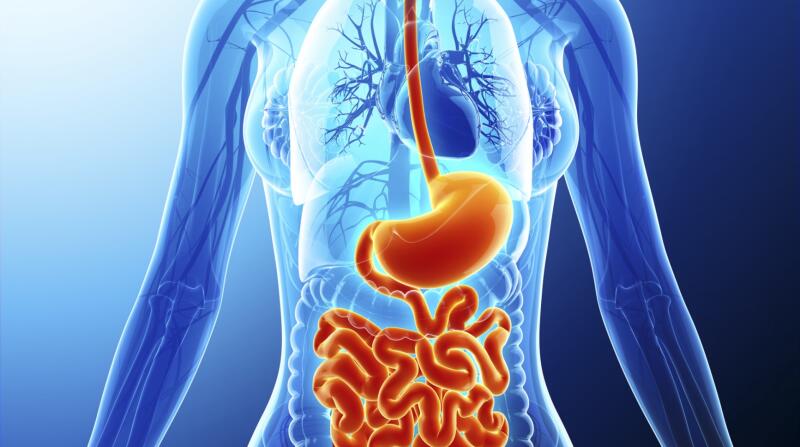What You Learn About Crohn’s Disease Can Help You Cope
Crohn’s disease is an inflammatory bowel disease that affects about half a million adults and children in the United States. Symptoms involve the gastrointestinal (GI) tract and commonly include persistent diarrhea. People living with Crohn’s disease may feel embarrassed about the symptoms and stressed when they strike. There is not yet a cure for Crohn’s disease, but symptoms can be managed effectively. One way to feel more in control is to understand some key facts about the disease.

1. Crohn’s disease is a young person’s condition that lasts a lifetime.
Most people are diagnosed with Crohn’s disease before they’re 30 years old. About 20 to 30% of people living with Crohn’s disease were diagnosed before they reached age 20. There is not yet a cure for Crohn’s disease, but your doctor can develop a treatment plan to help you manage symptoms. Symptoms may change over time, and you may experience periods of remission where you have no symptoms at all. Always consult with your doctor about symptoms when you experience them.

2. Diet doesn’t cause Crohn’s disease.
At one time, diet was thought to cause Crohn’s disease, but the actual cause is still not known. The latest thinking is that the cause may be a combination of inherited genes and a faulty immune system response. If you’re living with Crohn’s disease, and your symptoms flare up when you eat certain things, keep a food diary to share with your doctor and ask for suggestions. Some people see their symptoms improve when they limit fiber, dairy or fat.

3. Crohn’s disease can affect any part of the GI tract, from one end to the other.
The GI tract connects all the organs in the human body that digest food and process waste. The tract includes the esophagus, stomach, small intestine, large intestine, and colon. Crohn’s disease most commonly affects the lower part of the small intestine. But it can affect any part of the GI tract, impacting some areas and bypassing others. Your doctor may use procedures, such as a colonoscopy, to get a detailed view of any affected areas in your GI tract.

4. Crohn’s disease can affect areas outside of the GI tract, from your eyes to your bones.
The symptoms most people with Crohn’s disease experience are a sense of urgency to have a bowel movement, diarrhea, and painful abdominal cramping. Some people also develop complications outside of the GI tract and have symptoms in other parts of their bodies. These symptoms may include red, inflamed eyes; joint soreness or pain; skin rashes or sores; kidney stones; and osteoporosis. Be aware of these complications and share any symptoms you experience with your doctor.

5. There is no one single way to diagnose Crohn’s disease.
There is a gene associated with Crohn’s disease, but having the gene only suggests you may be more likely to develop the disease. Genetic testing isn’t effective in diagnosis, and current clinical guidelines don’t recommend it. Since Crohn’s disease shares symptoms with other diseases, your doctor may rule out other causes first. Tests and procedures often include fecal occult tests to look for blood in your stool, colonoscopies with tissue biopsies, and scans, such as computerized tomography (CT) or magnetic resource imaging (MRI).

6. Most people with Crohn’s disease eventually have surgery.
Different people living with Crohn’s disease have different symptoms. Your doctor will develop a treatment plan to help you manage your symptoms, taking their severity into account. Your doctor may order bowel rest and prescribe medication. He or she may also refer you to healthcare providers for help with the emotional aspects of a chronic disease. When medication stops being effective, your doctor may recommend surgery. About 70% percent of people with Crohn’s disease have surgical treatment.

7. Our genes may be the key to the cure for Crohn’s disease.
Genetic testing is not yet a reliable tool for diagnosing Crohn’s disease. But genetic research is helping the medical community understand what may cause the disease, discover better treatments, and close in on a cure. Researchers have already found more than 160 genes that contribute to inflammatory bowel disease. New treatments are tested in clinical trials that take learning from the lab and apply it to patient care. Ask your doctor about clinical trials that may be appropriate for you.
Credit: Source link